Yes, mass-produced coffee is often harvested early, and it’s a big reason why the quality can suffer. Here’s why it happens and what it means:
In large-scale industrial coffee production, the focus is on efficiency and volume, not precision or quality. Most of these operations—think big brands sourcing from sprawling farms in places like Brazil or Vietnam—use mechanical harvesters. They don’t discriminate between ripe and unripe cherries; they strip everything off the branch in one go. Coffee cherries ripen at different rates, even on the same bush, so a single pass grabs a mix of red (ripe), green (unripe), and everything in between. Green cherries are harder, less flavorful, and packed with higher chlorogenic acid levels, which can leave a harsh, bitter taste in your cup. In the specialty coffee world, these green cherries are passed up on the bush left to ripen or picked out of the already harvested cherries if a handful accidentally end up in the lot.
Hand-picking, like what’s done for specialty coffee (e.g., all of the coffee here at VCC), targets only the ripe cherries, often requiring multiple passes over weeks. But for mass producers, that’s too slow and costly. Labor’s a huge expense, and waiting for peak ripeness cuts into their margins. So, they harvest early or all at once, banking on blending and dark roasting to smooth over the flaws. Industry insiders estimate that in low-cost robusta production—common in instant coffee and cheap blends—up to 20-30% of beans can be unripe in a given batch. Even with arabica, which dominates mass-market “premium” brands, early harvesting isn’t rare when quotas loom.
The kicker? Unripe beans don’t just taste worse—they’ve got less sugar and complexity. Specialty coffee cherries hit peak flavor at full ripeness, developing those bright or fruity notes a long with all the other nuances and amazing flavors specialty coffee flaunts. Mass producers sacrifice that for scale, and the burnt-roast cover-up can’t fully hide it. It’s not universal—some big operations time harvests better—but early picking’s a hallmark of the race to the bottom in mass production. That’s why our coffee, carefully sourced stuff stands out: it’s not playing the same game.
